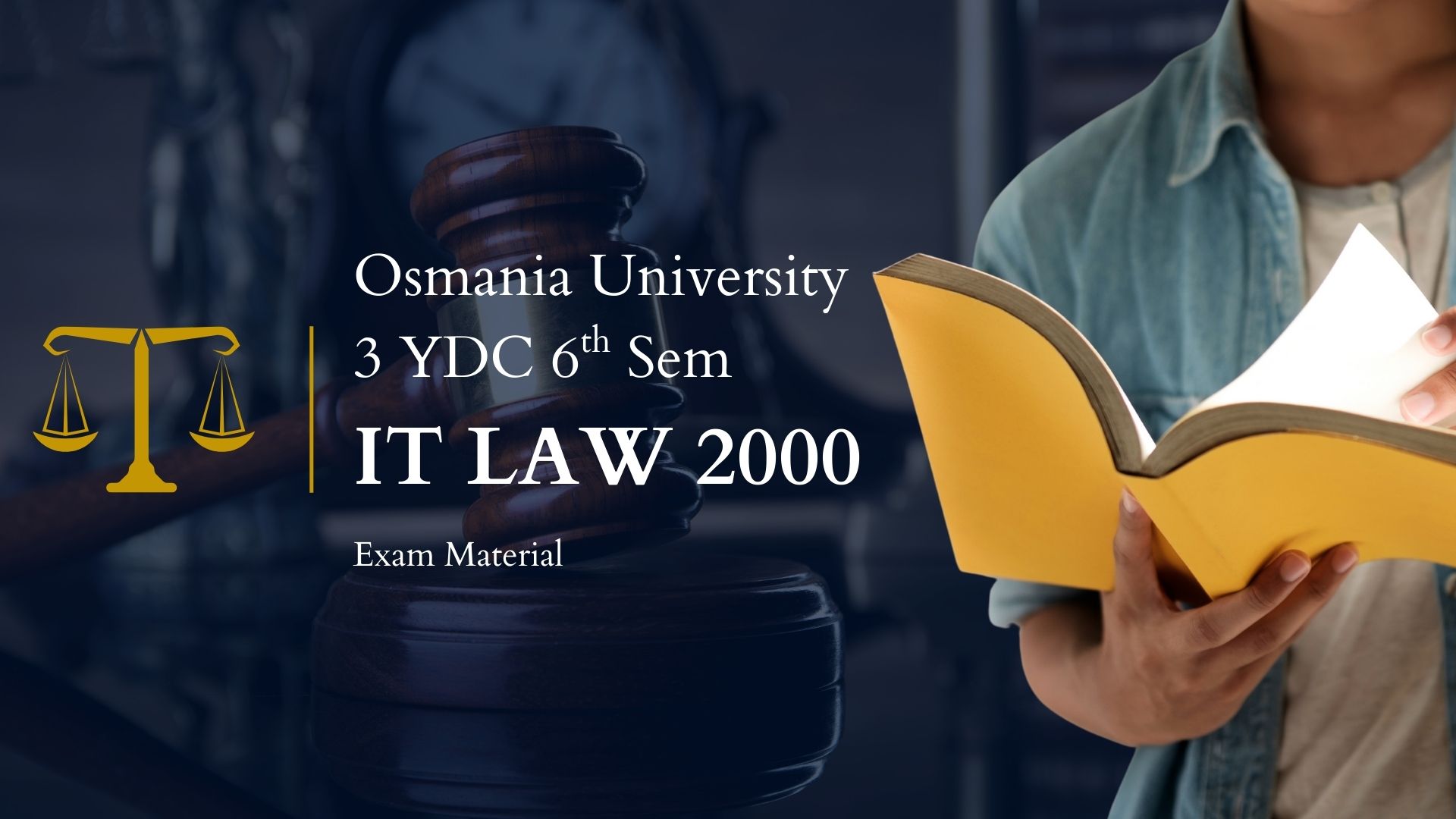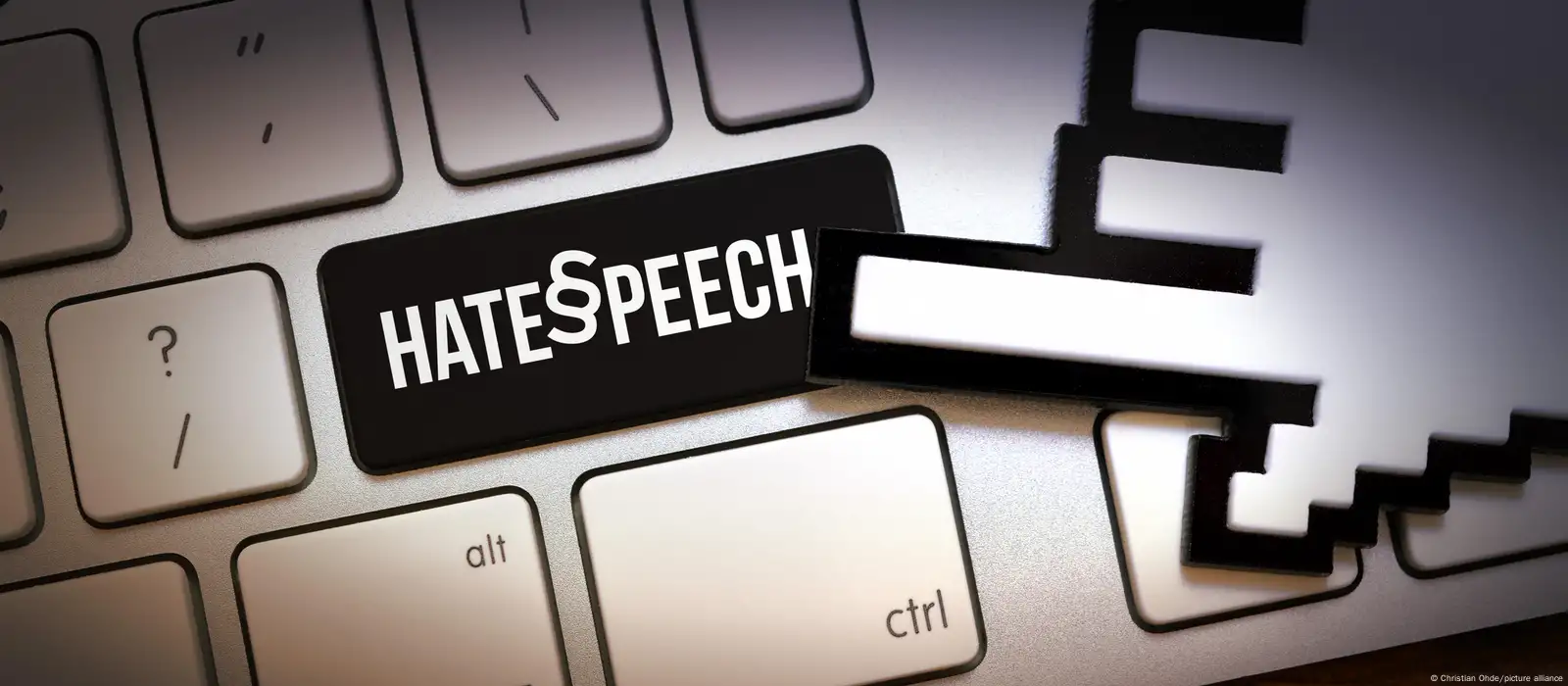1. Facts of the Case
A computer scientist has developed and operates a commercial website that accepts online payments and allows users, upon payment, to view or download pornographic pictures and videos. The content is made available digitally and can be accessed by users within and potentially outside India. The website is hosted and administered by the computer scientist, who profits from the transactions.
The question is whether this activity amounts to an offence under the Information Technology Act, 2000, and if so, what are the legal consequences and punishments applicable to the operator of such a website.
2. Issues in the Case
- Does the act of publishing or transmitting pornographic material over the internet constitute an offence under the Information Technology Act, 2000?
- What is the nature of the offence – civil, criminal, or both?
- What are the penal provisions and punishments applicable under the IT Act and other relevant laws?
- Is there any distinction between adult pornography and obscene or exploitative content under Indian law?
3. Legal Principles Covered
Information Technology Act, 2000
- Section 67 – Punishment for publishing or transmitting obscene material in electronic form
- Whoever publishes or transmits or causes to be published or transmitted any material which is lascivious or appeals to the prurient interest or if its effect tends to deprave and corrupt persons, is punishable.
- Punishment:
- First conviction: Up to 3 years imprisonment and/or fine up to ₹5 lakh
- Second or subsequent conviction: Up to 5 years imprisonment and/or fine up to ₹10 lakh
- Section 67A – Punishment for publishing or transmitting material containing sexually explicit act
- Covers content showing sexually explicit acts or conduct.
- Punishment:
- First conviction: Up to 5 years imprisonment and fine up to ₹10 lakh
- Second or subsequent conviction: Up to 7 years imprisonment and fine up to ₹10 lakh
- Section 67B – Punishment for child pornography or exploitative depiction of children
- Publishing, browsing, or transmitting material depicting children in sexually explicit acts is more severely punished.
Indian Penal Code, 1860 (IPC)
- Section 292 IPC – Obscenity: Selling, distributing, or publicly exhibiting obscene materials is also punishable.
- Section 294 IPC – Obscene acts in public places.
Supreme Court Precedents
- Aveek Sarkar v. State of West Bengal (2014): The test of obscenity is whether the content has a tendency to deprave and corrupt minds open to such immoral influences.
- Shreya Singhal v. Union of India (2015): Struck down Section 66A of the IT Act but upheld that obscene content can still be regulated under Section 67 and IPC provisions.
4. Possible Judgement
In this case, the computer scientist is likely to be held criminally liable under Section 67 and 67A of the IT Act, 2000, for publishing and transmitting obscene and sexually explicit content in electronic form. Since the website is intentionally designed to provide pornographic content for profit, and accessible in India, the offence is punishable under Indian cyber law.
The court may:
- Convict the operator under Sections 67 and/or 67A based on the type of content.
- Order seizure and blocking of the website under Section 69A (for public interest and morality).
- Impose imprisonment and fine based on the severity and repeatability of the offence.
- Recommend further investigation if minors are suspected to be involved (invoking Section 67B).




